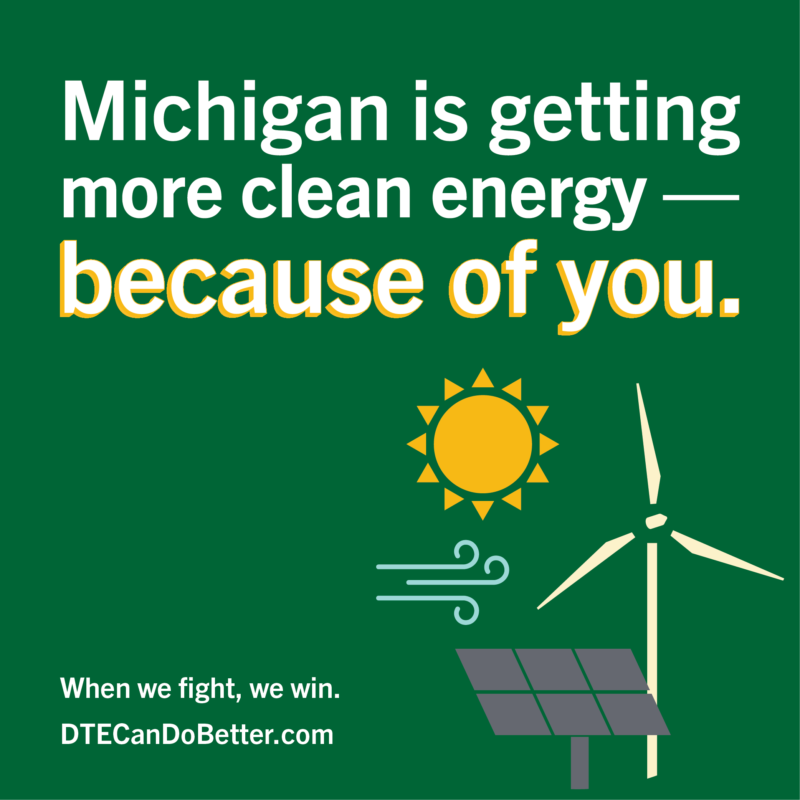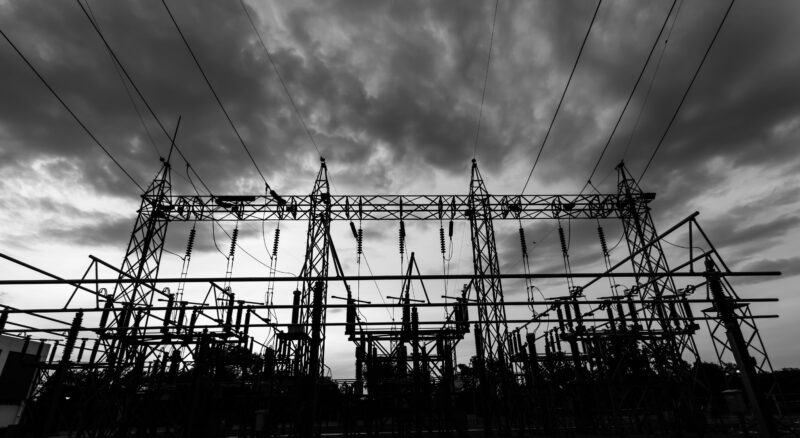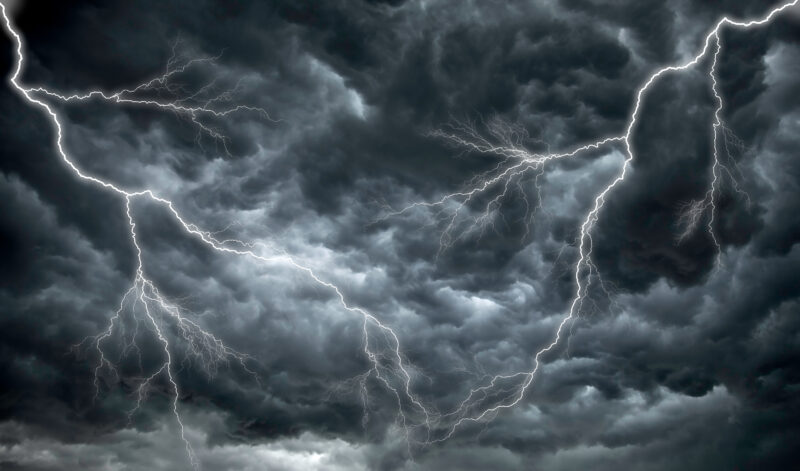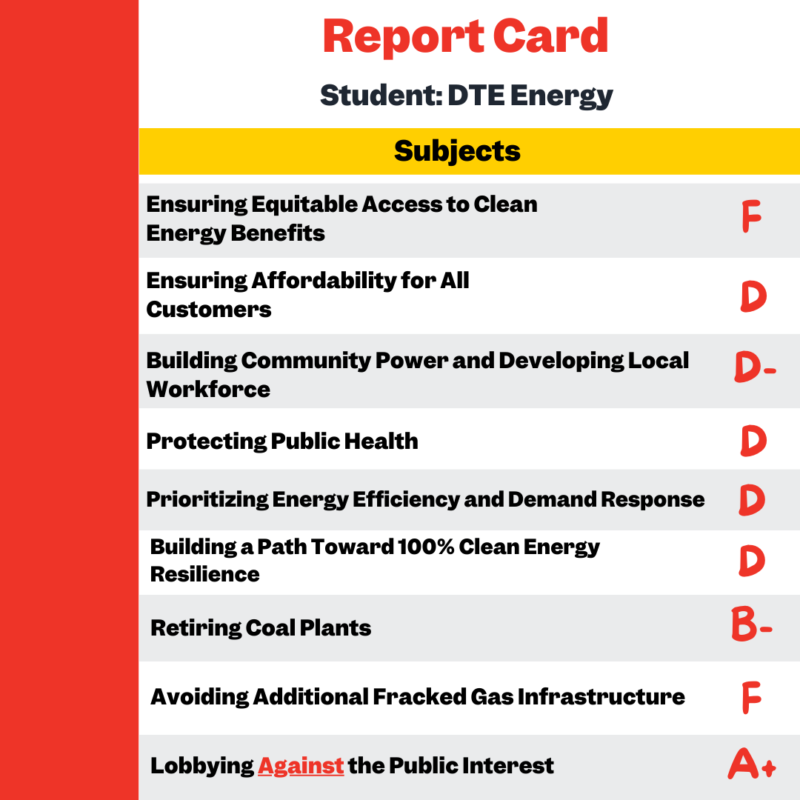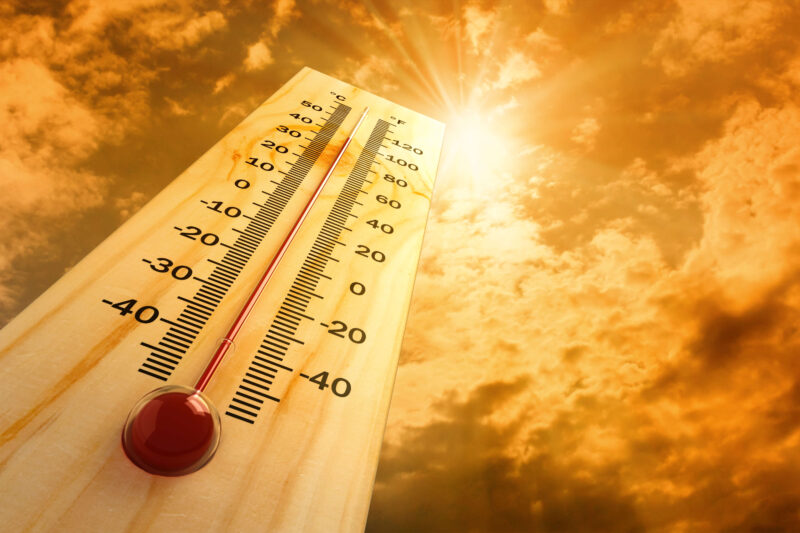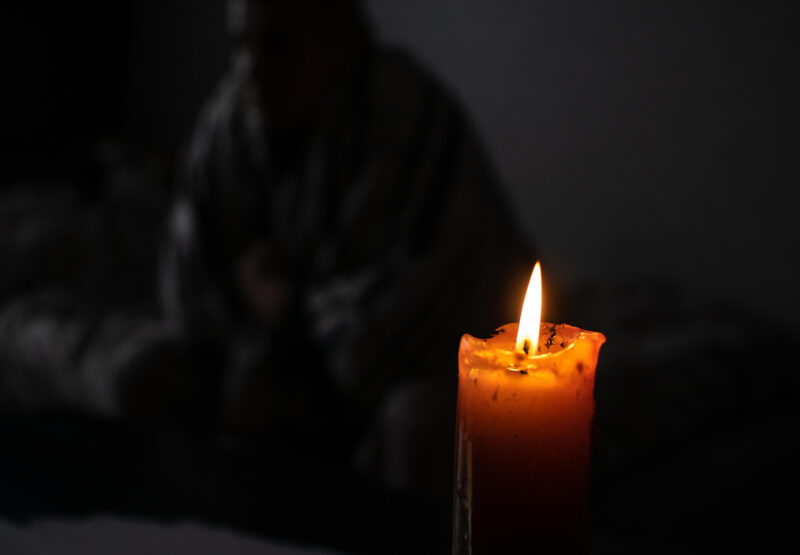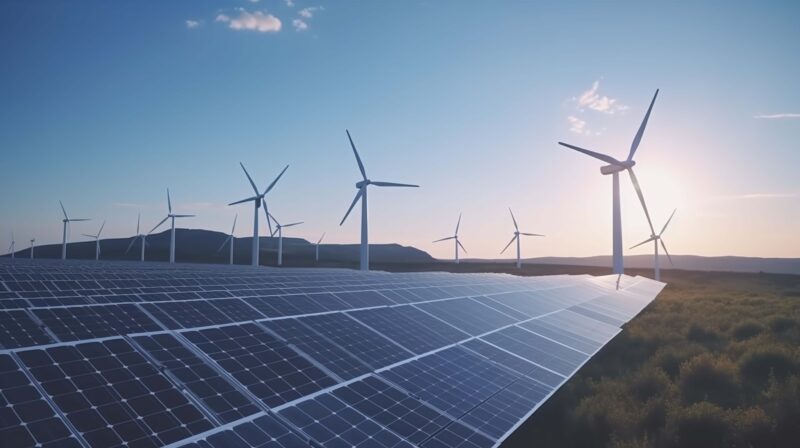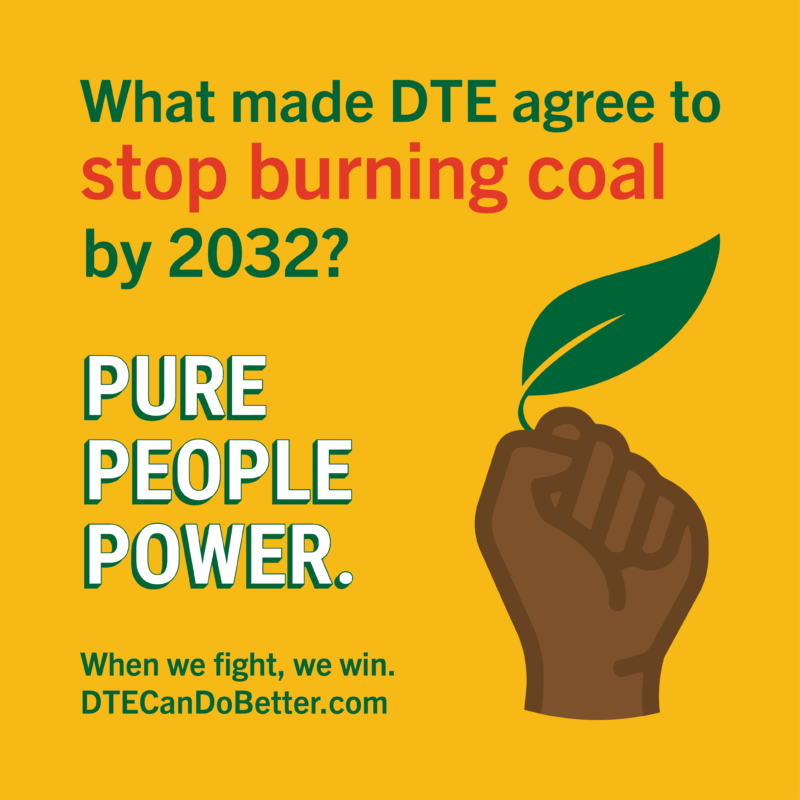
A video recording of this week’s community webinar is available for download.
FOR IMMEDIATE RELEASE: Wednesday, July 26, 2023
CONTACT: Stephanie Cepak, Byrum Fisk Advocacy Communications, scepak@byrumfisk.com
Advocates forced DTE to cut pollution, invest in clean energy with settlement approved today
Michigan Public Service Commission finalizes settlement agreement pushed by activists on behalf of DTE customers
LANSING – The Michigan Public Service Commission approved a settlement today led by advocacy organizations on behalf of utility customers that will require DTE Energy to emit less pollution and invest more in renewable energy, energy efficiency, and assistance to low-income ratepayers.
The coalition was vocal in pushing for improvements to the inadequate plan DTE initially submitted, which failed to ensure equitable access to clean energy or invest in energy efficiency programs to make energy bills more affordable for ratepayers. Organizations rallied thousands of Michiganders to contact the MPSC demanding that DTE deliver a plan that ensures clean, renewable, affordable energy for all. The combined efforts of grasstops and grassroots activists resulted in vast improvements to the plan that will capitalize on historic clean energy funding and available incentives.
Wins from the settlement include:
- Securing an earlier retirement date for DTE’s Monroe coal plant – one of the dirtiest in the country.
- Directing $70 million in energy efficiency funding toward programs for income-qualified customers.
- Requiring DTE to pay $38 million into community-led programs to assist low-income customers, with $30 million allocated to energy assistance and $8 million to support organizations that will provide solar and battery installation, including funding for home repairs and energy efficiency needed to complete these upgrades.
- Beyond DTE’s requirement to disclose political contributions, the utility will be required to file public disclosure reports annually that detail any contributions to individuals and other entities adding up to at least $5,000.
“Michigan’s dirty air woes are a stark reminder of the need for more clean energy in the state,” said Derrell Slaughter, MI clean energy advocate at NRDC (Natural Resources Defense Council). “The settlement agreement for energy efficiency, battery storage and cleaner technologies will clearly benefit the health of customers by cutting dangerous air pollution. The recommendations are a win for Michiganders, but it’s not enough. The Legislature must act swiftly and decisively on climate and clean energy legislation. The time for action is now, and together, we can make a lasting difference for generations to come.”
“DTE’s plan will have to prioritize BIPOC and low-income communities that have suffered the devastating public health impacts from pollution and the climate crisis first and worst,” said Gloria Lowe, Founder and CEO of We Want Green Too. “Multiple recent outages show we must take swift action to slow climate change to avoid even worse storms and heat waves in the future. Just last year, Consumers Energy agreed to go coal-free by 2025 and while DTE will retire its Monroe coal plant earlier than scheduled, operating it until 2032 and the utility’s reliance on fracked gas continues to be problematic. We’ll continue fighting to end the use of fossil fuels in Michigan to protect the health and environment of our communities.”
“This settlement is a step in the right direction and it only happened due to advocacy from organizations across the state who intervened, got ratepayers involved and put the big energy utility’s feet to the fire,” said Nick Dodge, communications director for the Michigan League of Conservation Voters. “We have unprecedented amounts of federal funds available to make investments in clean energy, energy efficiency and to lower costs for ratepayers. Members of the Legislature should now look to pass clean energy legislation that empowers the Michigan Public Service Commission to further hold utility companies accountable, seizing this moment to transition to cleaner, more affordable energy.”
“DTE has long been a roadblock in our fight to expand community-based and rooftop solar. We need energy independence to protect us from DTE’s high rates and continual power outages. The settlement agreement will allow more people to install rooftop solar and require the utility to provide funding for community-based organizations to provide solar and battery installation for low-income customers.” said Rafael Mojica, Program Director at Soulardarity. “This is a win, but DTE shouldn’t get to decide how many customers can provide their own energy. It’s time for the legislature to take action so we don’t have to rely on the utilities to make decisions for us.”
Sierra Club’s Michigan Field Manager, Andrew Sarpolis, said, “DTE’s Monroe coal plant is a massive air polluter, impacting public health and our climate in Michigan. Every additional year of its operation exacerbates climate change and harms our communities. By retiring the plant sooner, we can have a greater positive impact on the state’s health and climate.”
###



